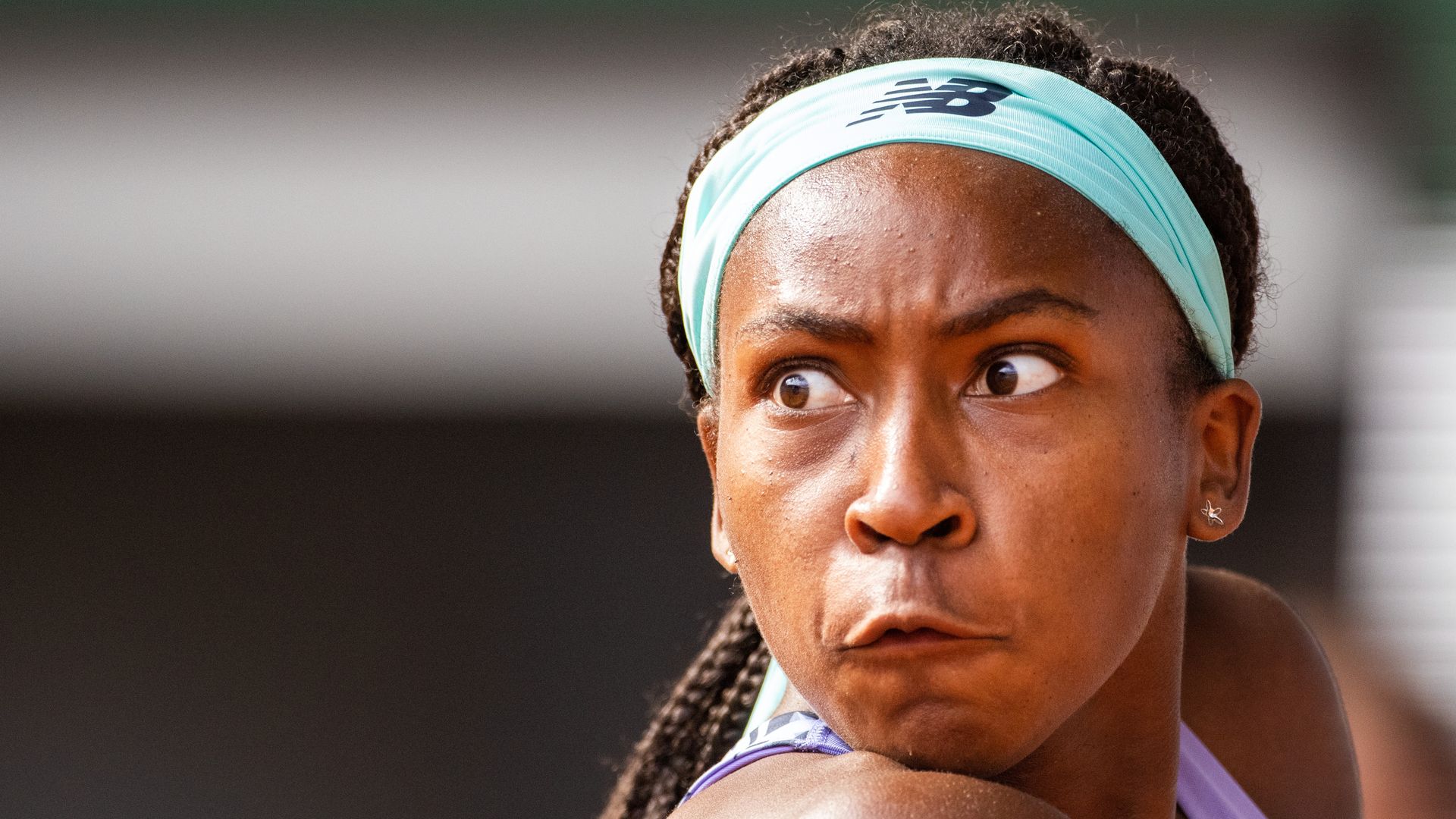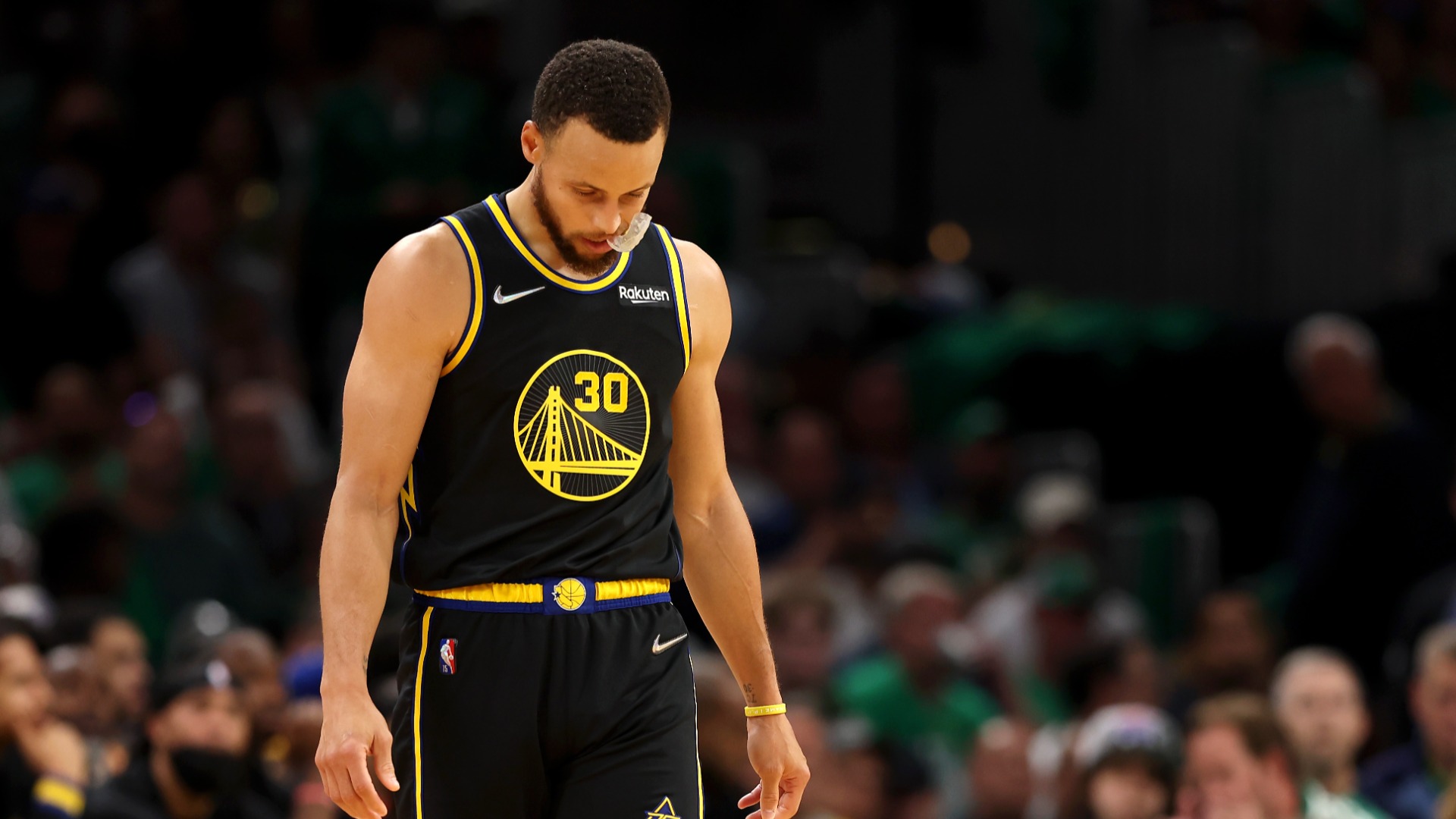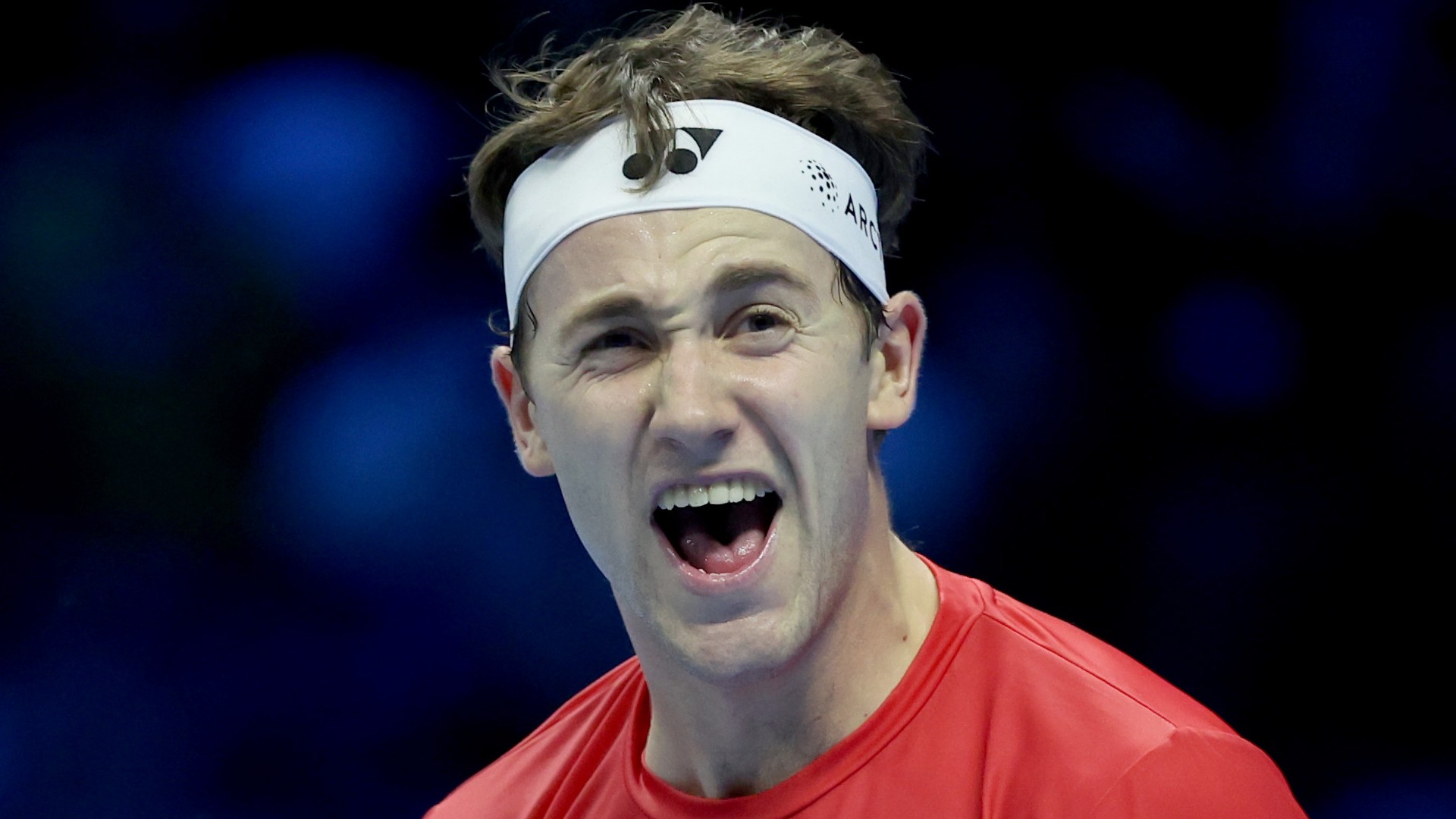
At the end of a week in which Amelie Mauresmo said there is “more attraction and appeal” in the modern men’s game, Iga Swiatek and Coco Gauff get a showpiece stage to show the rising stars of the WTA Tour can be box office too.
Former women’s number one Mauresmo, who is now tournament director at the French Open, sparked upset for many when she explained why nine out of 10 evening session matches at Roland Garros were men’s clashes.
The lone exception was the second-round match between France’s Alize Cornet and Latvia’s Jelena Ostapenko, but on Saturday the women are at the heart of the action as world number one Swiatek, on a 34-match winning streak, tackles the exceptional American Gauff, the youngest Roland Garros finalist since Kim Clijsters 20 years ago.
Saturday’s title contenders have a combined age of 39 – Swiatek turned 21 this week and Gauff is 18 – making it the ‘youngest’ Roland Garros final since 19-year-old Iva Majoli stunned 16-year-old favourite Martina Hingis in the 1997 trophy match.
The only grand slam final in the 21st century to feature two players with a lower combined age than the Swiatek-Gauff pairing was last year’s US Open trophy match between Emma Raducanu and Leylah Fernandez.
Both have plenty to gain, with heavy favourite Swiatek arguably having the most to lose. Ahead of their showdown, Stats Perform looks at two players who belong in the spotlight, day or night.
Super Swiatek will be hard to stop
In terms of the head-to-head between these two, we are in the early stages. While Rafael Nadal and Novak Djokovic have fought out an epochal 59-match rivalry on the men’s tour, this is just meeting number three between Swiatek and Gauff, with Swiatek winning both to date, including a 6-3 6-1 trouncing in Miami in March.
Swiatek would become just the fifth top seed in 25 years to triumph in the women’s singles if she gets the job done. She triumphed in 2020 when ranked a lowly 54th and as a relative unknown.
If she gets the win and improves to 9-1 in singles finals across her career, Swiatek will achieve the longest streak of victories on the women’s tour since Venus Williams also strung together 35 in 2000. The young Polish player would also become the youngest winner of two or more grand slams since Maria Sharapova, at 19, added the 2006 US Open title to the Wimbledon crown she secured as a 17-year-old.
Swiatek has won 15 matches in a row on clay, the most consecutive successes by a WTA Tour player since Serena Williams strung together 20 from 2015 to 2016.
The AC/DC and Led Zeppelin fan had won five consecutive titles leading into this fortnight (Doha, Indian Wells, Miami, Stuttgart and Rome) and can become the first woman to land six in a row since Justine Henin reeled off victories in Toronto, at the US Open, Stuttgart, Zurich, the WTA Finals, and Sydney in the latter months of 2007 and beginning of 2008.
Gauff’s moment arrives
She was Wimbledon’s youngest qualifier of the Open Era in 2019, and ever since that breakthrough moment Gauff has stood out as a player and person of increasingly great stature.
A mature, wise head on her shoulders has seen Gauff make powerful statements on important matters such as police brutality, LGBTQ rights and gun violence, and at the same time her tennis continues to dazzle.
She has been as high as number 15 in the world and is heading towards a low single-digit ranking very soon. In Paris this fortnight, Gauff has yet to drop a set, unlike Swiatek, who lost one to the impressive qualifier Zheng Qinwen in the fourth round.
So here’s the skinny: Gauff, at 18 years and 84 days, will be the youngest women’s grand slam singles finalist since Sharapova at Wimbledon in 2004; she has broken serve 35 times in six matches at this edition of Roland Garros; she is through to the doubles final too, with Jessica Pegula.
She is the third American woman aged under 19 to reach this French Open final, after Chris Evert in 1973 and Andrea Jaeger in 1982, and among all WTA players, only Monica Seles, Arantxa Sanchez-Vicario and Steffi Graf have taken the title at a younger age in Paris during the Open Era.
Gauff has such self-belief she will know the number one can be toppled, as history has told us. Since November 1975, when computer rankings were introduced on the women’s tour, four teenagers have beaten the WTA number one player in the French Open final.
Should Gauff pull off the shock on Saturday, she will be following in the footsteps of Graf (beat Navratilova, 1987), Sanchez-Vicario (beat Graf, 1989), Monica Seles (beat Graf, 1990) and Majoli (beat Hingis, 1997).
There is a growing sense that, like Swiatek, Gauff will eventually be remembered in the company of such luminaries, and now she has to go out and prove it.
Seven-time French Open winner Evert this week called it “destiny”, adding on Twitter: “We saw greatness 3 summers ago. We’ve all been waiting for this!”








